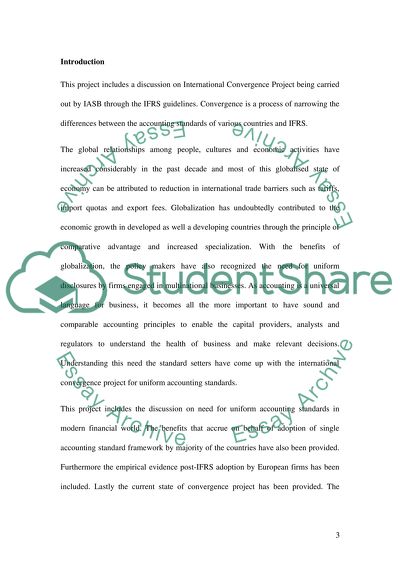Cite this document
(“The International Convergence Project Assignment”, n.d.)
The International Convergence Project Assignment. Retrieved from https://studentshare.org/finance-accounting/1440671-ychthe-international-convergence-project-is
The International Convergence Project Assignment. Retrieved from https://studentshare.org/finance-accounting/1440671-ychthe-international-convergence-project-is
(The International Convergence Project Assignment)
The International Convergence Project Assignment. https://studentshare.org/finance-accounting/1440671-ychthe-international-convergence-project-is.
The International Convergence Project Assignment. https://studentshare.org/finance-accounting/1440671-ychthe-international-convergence-project-is.
“The International Convergence Project Assignment”, n.d. https://studentshare.org/finance-accounting/1440671-ychthe-international-convergence-project-is.


